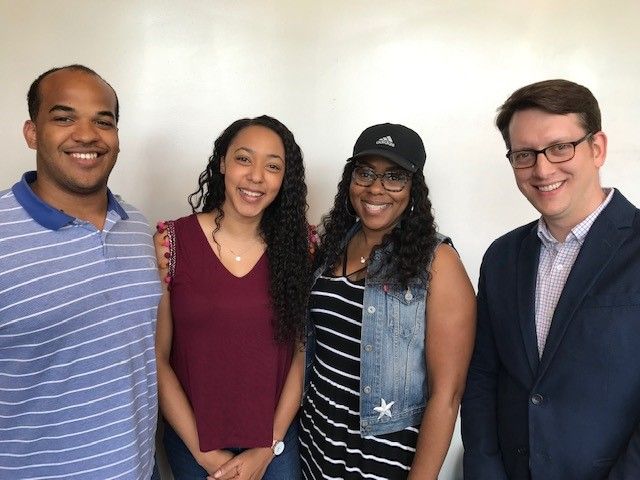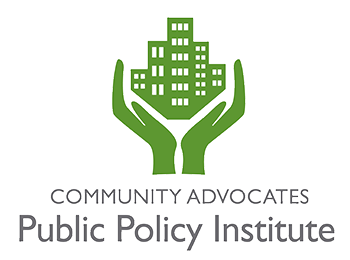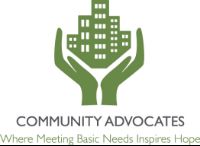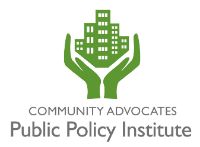
The Public Policy Institute sent five staff members to the Wisconsin Statewide Substance Use Prevention Training conference and want to bring innovative ideas they learned to Milwaukee. Not surprisingly, what they learned about trauma had the greatest impact on them.
“My biggest takeaway was to try and always remember that everyone has some sort of trauma, and to be careful what you let influence your lens that you are looking through,” said Kasaundra Brown, coordinator of the Milwaukee County Substance Abuse Prevention (MCSAP) coalition.
“My biggest takeaway is a reminder for me to be consistently aware of the trauma that others have experienced,” said Jazzmyne Adams, coordinator of the Southeast Region of the Alliance for Wisconsin Youth (AWY). “This includes physical, emotional and mental traumas. Just as with any epidemic that we face, mental health issues do not discriminate.”
John Eshun, coordinator of the Partnerships for Success grant, said he was most impressed with the presentation by Eric Bashaw, director of environmental compliance for Gundersen Health System. Bashaw explained how Gundersen created a public medication collection program in its retail pharmacies. In the project’s first 12 months, more than 4,050 pounds of unwanted medication was collected. Now, about 850 pounds are collected each month.
“Bashaw was very knowledgeable about how health care can participate in prevention work,” Eshun said.
That said, the presentations that touched them the most were the most personal ones from the keynote speakers. Joe Luginbill, president and CEO of Lunginbill Children’s Foundation, spoke about children and families who have survived trauma, and what can be done to support them. Dane County Circuit Court Judge Everett Mitchell discussed how juvenile courts are becoming more trauma-informed about addiction and childhood adverse experiences, and how that links to prevention initiatives. Mitchell himself grew up in a home with abuse, and was functionally illiterate until he was close to graduating high school. He was singled out for his intelligence, and was tutored so that he could attend college.
“Judge Mitchell came from the system,” Brown said. “He acknowledges that the system is broken and that judges need to take extra steps with juveniles. For example, he doesn’t allow the juveniles in his courtroom to wear handcuffs. He wants them to feel that they have value.”
She said Judge Mitchell attempts to not send the juveniles in his court to the youth prison Lincoln Hills. When he does, he makes monthly visits to let the youth know that someone is showing up for them.
“For some of these youth, he is the only one who does show up for them,” Brown said.
“Everett Mitchell was incredible,” said PFS’s Eshun. “He went beyond the buzz words in substance use prevention and spoke honestly about youth substance use in a comprehensive way.”
Adams said she hoped that Wisconsin will take prevention seriously as an effective and economical strategy to be used to combat substance abuse.
“Given the topics discussed during this conference, I would hope that prevention in Wisconsin will become more of a priority to local and state government,” she said. “In this work we all know that the more dollars spent on prevention means more dollars are saved in the long term. Although this seems like a logical argument, it has often proved difficult to convince stakeholders to invest efforts into prevention as well as treatment. In addition to this, I’m hoping that those who serve in prevention will have more of a trauma-focused lens to understand the underlying issues that those who suffer from addiction are faced with. This will allow for a more informed and sustainable approach to the prevention and treatment of addiction.”
In addition, Research and Program Coordinator Mike Bare presented on Policy and Advocacy 101, and Anneke Mohr of the City of Milwaukee Tobacco-Free Alliance provided an overview of Milwaukee’s youth access to tobacco products.
“I wanted participants to understand the power of advocacy, and how to do so effectively within the regulations,” Bare said.





